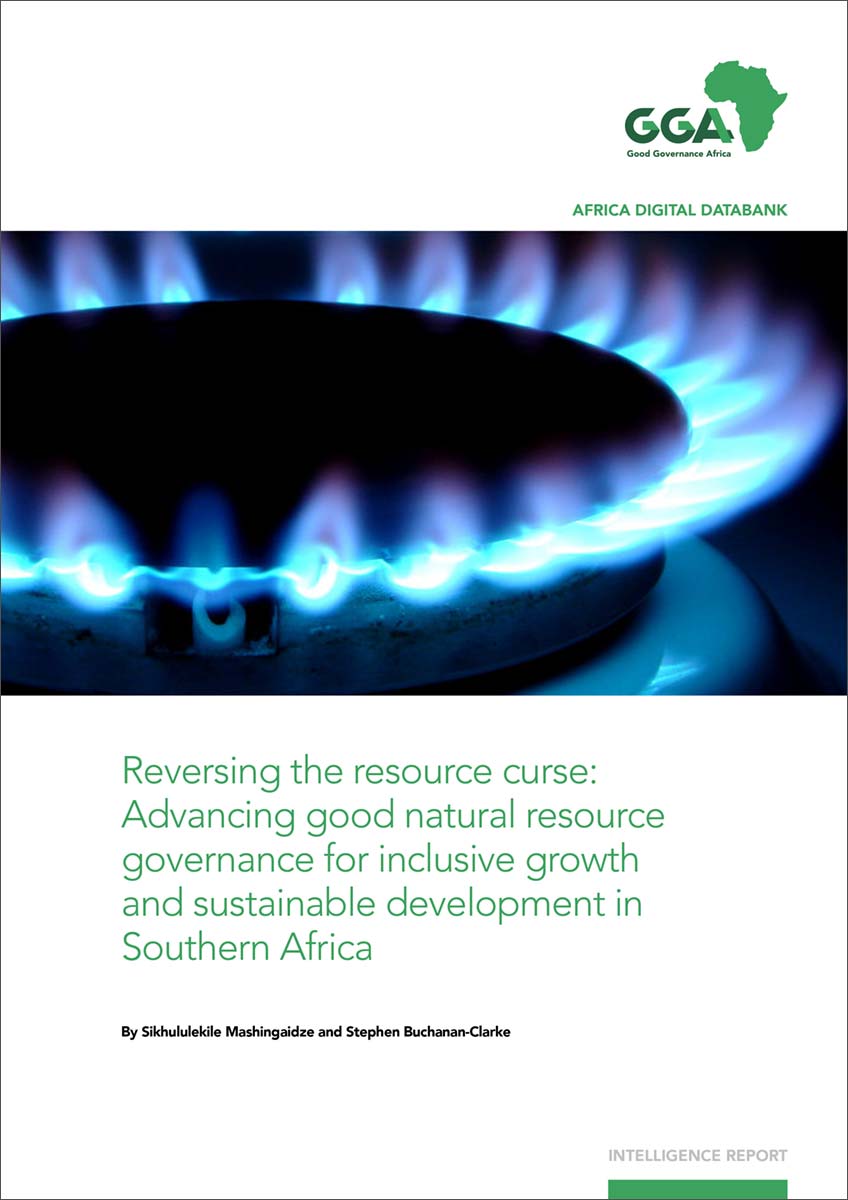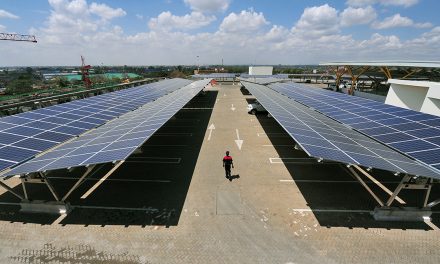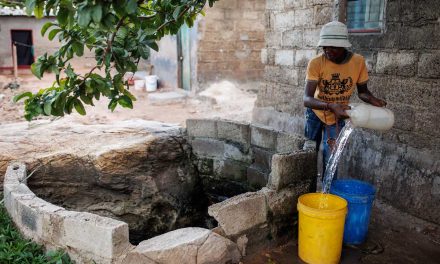
The International Energy Agency’s Medium-Term Gas Outlook in late 2023 notes that “Africa accounted for nearly 40% of new natural gas discoveries globally in the past decade, mainly in Mozambique, Mauritania, Senegal, and Tanzania. However, socio-political instability and security issues make Africa a high-risk environment for the gas industry. This results in a gap between the potential and the actual gas production projects under development.” Nonetheless, the agency forecasts natural gas production growth of 10% (higher than current levels) by 2026. It had only grown by 2.5% from 2011 to 2021 and currently accounts for roughly 6% of global production. Asian and Middle Eastern markets’ demand will continue, while African governments will bet on Liquefied Natural Gas (LNG).
In the longer term, it is critical to phase out fossil fuels due to their exacerbation of global warming and health and environmental risks. Given the imperative for lower-carbon growth trajectories, demand for oil, gas, and coal will likely peak in 2024. Governments and mining investors’ negotiations and contracts should safeguard local populations through ecologically sensitive, responsible mining. Communities’ voices are critical to decision-making from project inception to ensure revenues usher in broad-based growth and increased domestic energy security.
In 2022, Good Governance Africa (GGA), with support from the Southern Africa Trust (SAT), explored critical issues surrounding LNG exploration and development in Southern Africa in the context of climate change. This intelligence report is a consolidation of key lessons from these LNG projects’ impact on local communities in Mozambique’s Cabo Delgado; South Africa’s Eastern Cape, and Zimbabwe’s Cabora Bassa Basin. Together, these three cases illustrate both the promise and perils of LNG mining in Africa.












